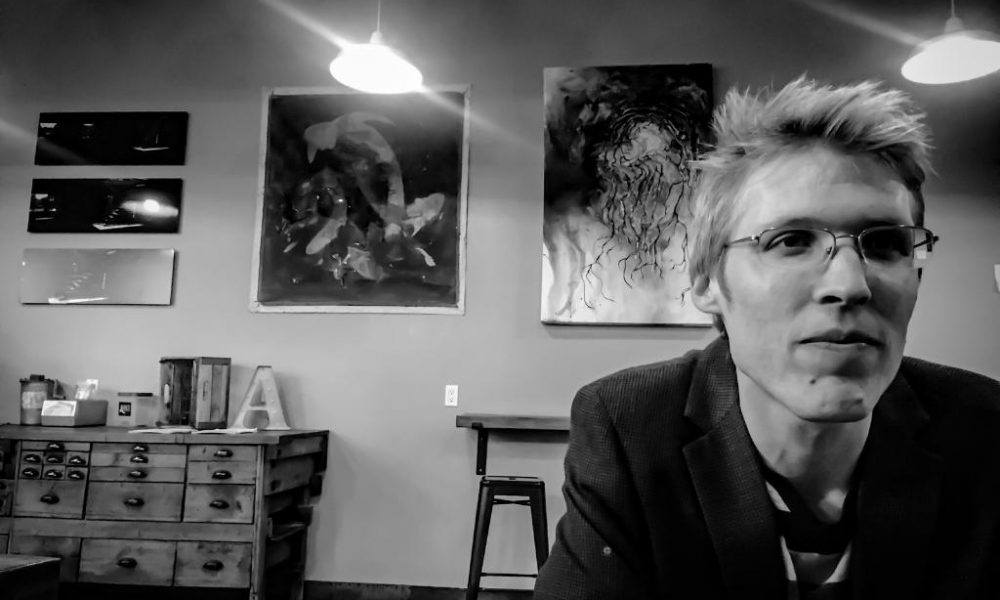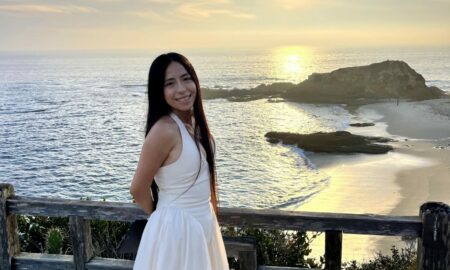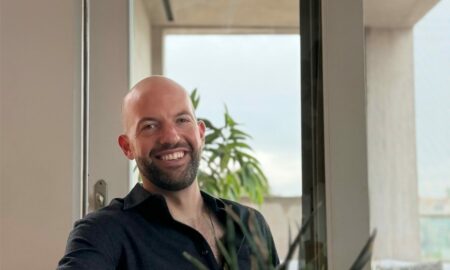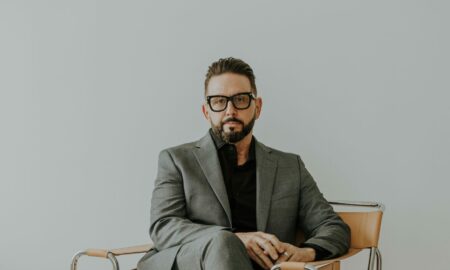

Today we’d like to introduce you to Dr. Marc T. Voss, Founder and Executive Director of the Regimes Museum.
Dr. Marc, please share your story with us. How did you get to where you are today?
It all started when I learned about the Holocaust in school, and it was unbelievable. Just unreal. I couldn’t believe that ordinary people could become killers and torturers. Weimar Germany was considered one of the most liberal and forward-thinking societies of the time. How could it go from such an open and accepting society to the polar opposite, to oppression, racism, bigotry, and genocidal war? That lesson inspired me to go on a mission to understand tyranny. To understand what allows for horrible atrocities against humanity, and how ordinary people can prevent these things from happening in the future.
From that point forward, I began collecting the material culture from totalitarian regimes around the world with the goal of safeguarding human rights and preventing dictatorships and all the bad things that come with them from happening again. I collected material objects, eyewitness accounts, documents, and books. I even wrote my own books: in 2010, I published a study exploring how people remember the Holocaust. I found, however, that while academic books are an effective way of contributing to the debate, they’re not necessarily accessible to everyone. I wanted to create a way for everyone to learn about these regimes, to understand what they were like, how they worked, and how they could be prevented.
The museum technically started in 2011, when I created a social media page for viewing items in my collection and open discussions about the phenomenon of dictatorship. By 2013, it became clear that the next step would be creating an educational framework to engage historians and researchers as well, so we incorporated and received our nonprofit status shortly thereafter.
Since then, the Regimes Museum has grown immensely. We now have a sizable collection including items from East Germany, Nazi Germany, the Soviet Union, Maoist China, Baathist Middle East, Imperial Japan, and Fascist Italy. We also have a growing collection of oral histories, interviews conducted with individuals who experienced these regimes firsthand. Our aim beyond collecting and preserving these objects and eyewitness accounts is to learn from the phenomenon of tyranny and dictatorship across history and culture; to spread the message of hope, freedom, and peace; and to shine a light on human rights issues of the past and present.
Great, so let’s dig a little deeper into the story – has it been an easy path overall and if not, what were the challenges you’ve had to overcome?
I started the museum with practically no money, no direction, and, though I had help from friends, nobody really knew how to move the organization forward. We had no experience with fundraising or finding donors, and our board consists entirely of volunteers who are working or studying full time, so progress has been slower than we might like. But we are starting to spread our wings, and are doing as much as we can with the resources we have.
Another challenge has been that because we deal with topics of such a sensitive nature, we have found ourselves censored by certain social media sites despite being strictly educational. This remains an ongoing obstacle for myself personally and for the museum in general.
Regimes Museum – what should we know? What do you do best? What sets you apart from the competition?
The Regimes Museum is a 501(c)3 nonprofit organization that provides resources to scholars, students, and the general public through exhibitions, conferences, and a wide array of learning programs. The Museum is the culmination of an effort to collect, preserve, and archive stories, material, and artifacts from a selection of the most notorious regimes of the 20th century. It is both a museum and an educational institution that offers resources to scholars and students with an emphasis on preserving the memories of those who lived under a culture of tyranny and repression and to preserve this history for future generations to interpret and learn from.
Much like a Holocaust museum, the Regimes Museum researches and explores topics related to state-sponsored terror, war, genocide, democide, and human rights issues in order to enlighten the public and help prevent these events from coming about again in the present and future. The phenomenon of tyranny and repression are common throughout recorded history. Philosophers and enlightened thinkers past and present have written extensively about the issue of authoritarian and totalitarian power structures and their impact on the human domain.
With every interview, object, and scholarly research, the Regimes Museum hopes to expand our understanding of tyranny and dictatorship in both the macro-historical perspective while simultaneously revealing and preserving for future study and analysis the lives of individuals who experienced the past first hand. Our programs, exhibitions, and research, therefore, aim to enlighten the public on a very important topic.
What moment in your career do you look back most fondly on?
We were featured in the Wall Street Journal this past summer for an exhibition at California State University, Fullerton. The exhibition was visited by thousands in the three months it was up, which was amazing.
Pricing:
- Exhibitions, lectures, and other public events – free!
- Guided historical tour of Berlin (hosted by World Strides educational travel company, with volunteer guides from the Regimes Museum board) – $4,000 (information available at https://www.regimesmuseum.org/travel)
Contact Info:
- Website: https://www.regimesmuseum.org/
- Email: [email protected]
- Instagram: https://www.instagram.com/regimesmuseum/
- Facebook: https://www.facebook.com/regimesmuseum/








Image Credit:
Heather Moore
Suggest a story: VoyageLA is built on recommendations from the community; it’s how we uncover hidden gems, so if you or someone you know deserves recognition please let us know here.



















